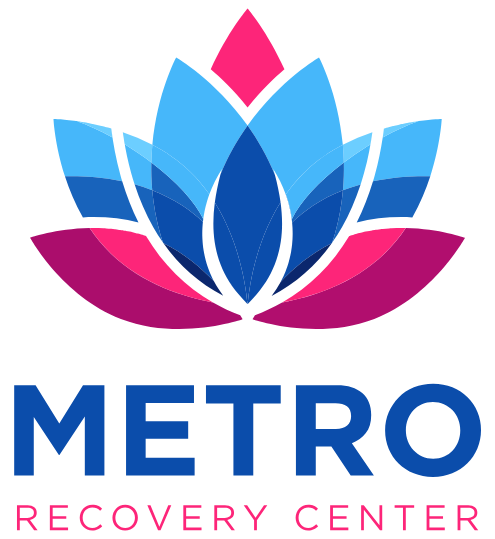Personalized Treatment Planning
You’ve Lived a Life No Form Could Capture So Let’s Stop Pretending a Checklist Can Treat You
At Metro Recovery Center, we reject the one-size-fits-all approach to addiction and mental health care. WhyBecause it doesn’t work. Because too many people are passed from program to program with the same generic plan—and no one ever stops to ask. What do you want? What’s actually going to help you? That’s why we build every care plan from the ground up—with your history, goals, trauma, culture, and strengths driving every decision.

What Personalized Treatment Planning Really Means at MRC
It’s not just about customizing your schedule or choosing a medication. It’s about seeing the full you, and designing treatment that fits your life, not the other way around.
Substance Use Treatment That Matches Your History
Whether you’re on MAT, abstinent, or still using, your plan reflects where you are in your recovery—not where someone else thinks you should be.
Mental Health Goals That Are Realistic and Rooted in You
We don’t just write down “reduce depression” or “improve coping.” We ask.
- What are your stressors right now
- What’s been working—or not
- How do you want to feel six months from now
Integrated Clinical Collaboration
Your counselor, psychiatric provider, and MAT team co-develop your plan, making sure nothing gets overlooked—from trauma history to daily functioning to crisis planning.
Reviewable, Adaptable Roadmap
Your treatment plan isn’t a binder on a shelf. It’s a living tool we revisit regularly with you—updating as your needs, goals, and progress evolve.
Who This Is For
- Clients with complex or co-occurring needs who’ve felt ignored or misunderstood in other programs
- Individuals who’ve relapsed in the past due to poor treatment fit
- People new to recovery who want to build a foundation that’s truly their own
- Clients who want a voice in their care—not just a set of rules to follow


Why MRC’s Planning Process Is Different
Because we start with a conversation, not a clipboard.
Because we don’t force you into a model—we build one with you.
Because we see you as the expert on your own life.
Because we don’t just treat symptoms—we support your vision of recovery.
Other programs write plans that look good on paper.
We write plans that change lives—because they’re shaped by the people living them.
